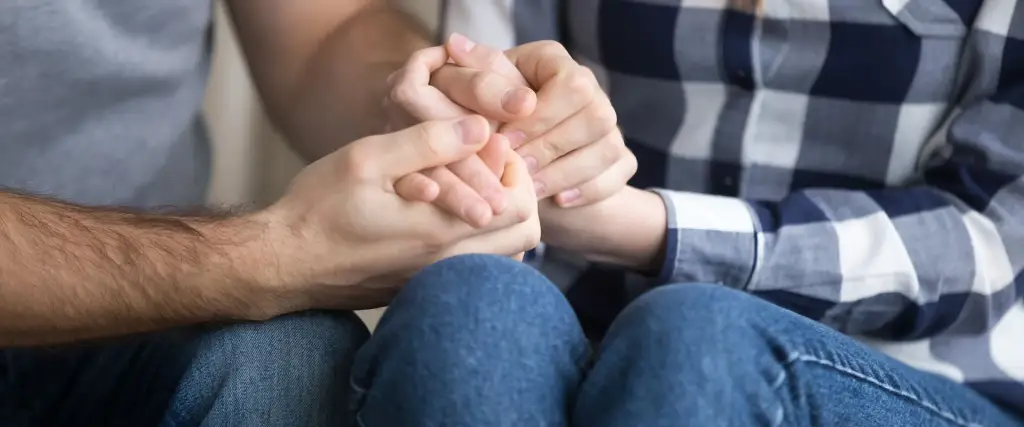Real Talk from One Parent to Another
Yes, trauma-informed care can help your child. I know this not just from what I’ve read, but from my own life and other parents I’ve talked to. Sometimes, what kids need most isn’t another set of rules—it’s someone who “gets it” and sees behind the behavior.
Let me back up. A few years ago, my daughter (let’s call her Mia) went through a rough patch. Her grandma died, we moved to a new city, and then—boom—her best friend just stopped talking to her at school. She was only seven but suddenly, she started acting out: meltdowns over tiny things, trouble sleeping, and she lost interest in pretty much everything she loved before.
I’ll admit it: I felt totally lost. Was it something I did? Was she just being “difficult?” I even caught myself saying things like, “Why are you being like this?” when what I should have asked was, “What happened to you?” That’s basically the difference between trauma-informed care and, well, everything else.
What Is Trauma-Informed Care Anyway?

For me, trauma-informed care isn’t a fancy therapy word. It just means meeting kids where they are, with a little more patience and a lot more listening. Mia’s teacher suggested we talk to a counselor who works with kids like her. Instead of focusing on “fixing” her attitude, they created a space where she could talk about her worries, even if she didn’t use the right words.
What surprised me most? Sometimes, the best thing you can do is just sit with your child and let them be upset. I learned to stop trying to solve every problem right away. If she needed to draw her feelings instead of talking about them, that was fine.
The Signs You Might Notice

I used to think trauma had to be some big, obvious event. In reality, lots of kids are dealing with smaller, hidden hurts—things like bullying, a parent’s divorce, even moving or losing a pet. What it looks like: maybe your kid is more anxious, acting out at school, avoiding friends, or even having weird aches and pains for no clear reason. Looking back, all of those showed up for Mia at different points.
What Actually Helped

Trauma-informed care meant not punishing Mia when she lost her cool, but letting her know I was there and she was safe. Routines helped—same bedtime, predictable mornings, even a silly “secret handshake” before school. Her counselor taught us little tricks: giving her choices, letting her have quiet time without making a big deal, and, honestly, just being gentler with myself, too.
It took months, not days. But slowly, I saw changes. She smiled again. She started asking for playdates. She still had rough days, but they didn’t knock her down for as long.
What If You’re Unsure?

Here’s the thing—if you’re reading this, you probably already sense your kid needs something different. Trust your gut. Trauma-informed care isn’t just for “serious cases.” It’s for any child who’s had a hard time. Start small: ask your kid how they’re feeling, make space for meltdowns, talk to teachers or school counselors. If you feel stuck, reach out to a professional who “gets” trauma.
And, please, give yourself grace. Parenting a hurting kid is HARD. You’re not going to get it perfect. Nobody does.
Little Things That Make a Big Difference

- Routines matter. Even Taco Tuesdays helped in our house.
- Listen more than you talk (easier said than done!).
- Give choices: “Do you want to talk now or later?” It’s a tiny thing, but it gives your kid some control.
- Notice the good stuff, even if it’s small.
- Don’t be afraid to ask for help, for you or your child.
The Bottom Line
Raising kids comes with plenty of questions, especially when trauma is part of the picture. If you’re curious about what trauma-informed care might look like for your child or family, you’re not alone. For a fuller look at our services, philosophy, and how we support Alberta families, take a look at our trauma-informed care page. There’s always room to start fresh.


